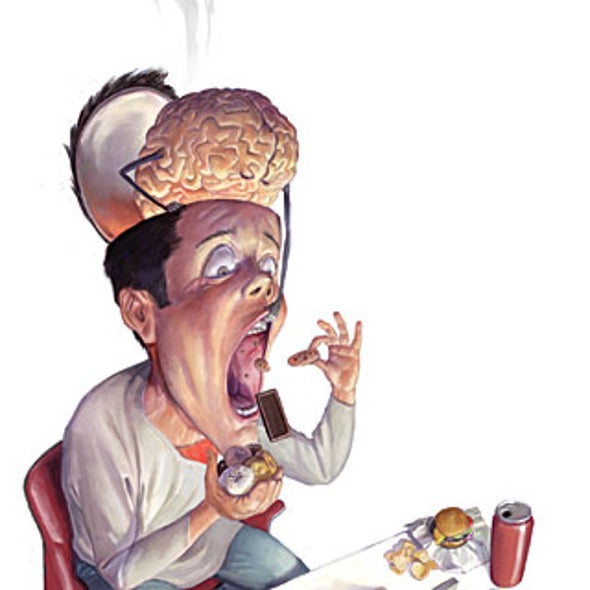Why do we eat? Your first instinct might be to say, because we’re hungry! I think I would have responded the same way, had I been asked that question before completing Contemplative Practice 5, Feeling Hunger. But after participating, I’ve come to a realization – I haven’t always been eating because I’m truly hungry, but often because I’m bored, or because it’s dinnertime – or even because it’s (the food) there. I think that many of us (not all, though), in our mostly food secure society (especially during this pandemic) eat with these mentalities subconsciously buried in our psyche. We are bombarded with advertising telling us what to eat – and not why to eat. And so, we bored-eat, even when we’re not feeling hungry!

Hungry?
Completing Feeling Hunger has made me think about privilege and equitable distribution of food. I think that food-secure people may not (or, at least, I did not) conceptualize hunger in the same way that the underprivileged do. The former asks, what will I eat, while the latter may simply ask, will I eat?
Our relationship with hunger, as people in a predominantly food-secure society is, perhaps, muted in a sense. Hunger is something that rolls around at certain times of the day, and is an annoyance. And, there’s often an easy fix – food is everywhere, really. For others, it is a material challenge; a choice between eating and paying rent; a constant reminder of their place within the system.
So, what’s the prescription? Systems thinking. It’s active cognizance of our place within the food system. It’s asking ourselves questions like, why am I eating – and am I hungry? It’s thinking about how our consumption might affect those around the world. Maybe most of all, it’s thinking about how what we consume when hungry might affect the hunger of producers of what we eat.
Photo via
https://www.google.com/url?sa=i&url=https%3A%2F%2Fwww.scientificamerican.com%2Farticle%2Fscience-of-snacks-thinking-makes-you-hungry%2F&psig=AOvVaw3v2IG9R1FdkJSuXqwcn7kS&ust=1588554437219000&source=images&cd=vfe&ved=0CAIQjRxqFwoTCND99MzAlukCFQAAAAAdAAAAABBO
